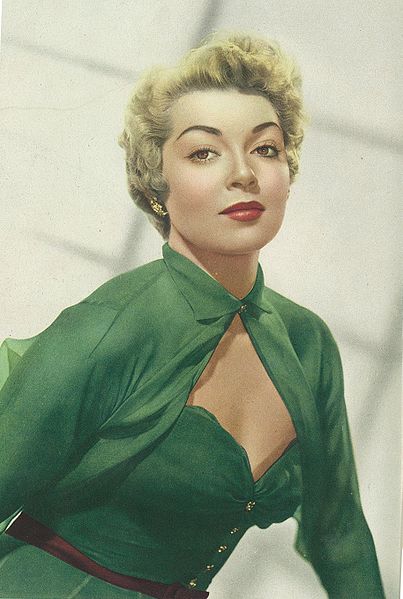
I'll slip a few post 20th century books in from time to time. I am slowly working my way through her books, and enjoying myself every step of the way.Brat Farrar was published by the Folio Society in 2010, so this is the most recent book I've looked at. (Who cares that the whole situation could be solved by a DNA test today? The book is set right after World War II.) What I don't have to wonder about is which Josephine Tey mystery I will be savoring next. And as for Latchetts, even Dick Francis couldn't do a better job at depicting a horse farm.Īfter thoroughly enjoying Brat Farrar, I have to wonder why there hasn't been a modern film adaptation of it because it would be perfect. We know he's done wrong, but we still want him to be happy. The real mystery is how everything is going to turn out for Brat. we know Brat is an imposter, and it's really not all that difficult to deduce what really happened to Patrick eight years ago. We know Brat is not Patrick Ashby, but as we see things through his eyes, and as we see the effect he has on the people around him, we almost want to flout the law and let him assume Patrick's place for time and all eternity.

There's something about how Tey lets us in on the con from the beginning. Brat Farrar, like Tey's The Daughter of Time, is considered to be one of the best mysteries ever written, and I'm not going to argue with this assessment. she just suits my mystery-loving mind right down to the ground. Her originality of thought, her dialogue, her characters, her subtlety. There is one exception, however: Josephine Tey. It looks as though Brat is going to be able to pull off the deception until old secrets emerge that put not only his plan but also his life in danger.įor the most part, Golden Age mystery writers leave me cold. Brat has been carefully and expertly coached in all things Patrick, and he's so successful that he's welcomed back into the Ashby family. Patrick is, in fact, an orphan named Brat Farrar who has an uncanny resemblance to Simon.


Patrick, who was presumed dead by suicide at the age of thirteen. But then his older twin brother Patrick comes home. On the eve of his twenty-first birthday, Simon Ashby is poised to inherit Latchetts, a very profitable horse farm in the south of England. First Line: " Aunt Bee," said Jane, breathing heavily into her soup, "was Noah a cleverer back-room boy than Ulysses, or was Ulysses a cleverer back-room boy than Noah?"


 0 kommentar(er)
0 kommentar(er)
